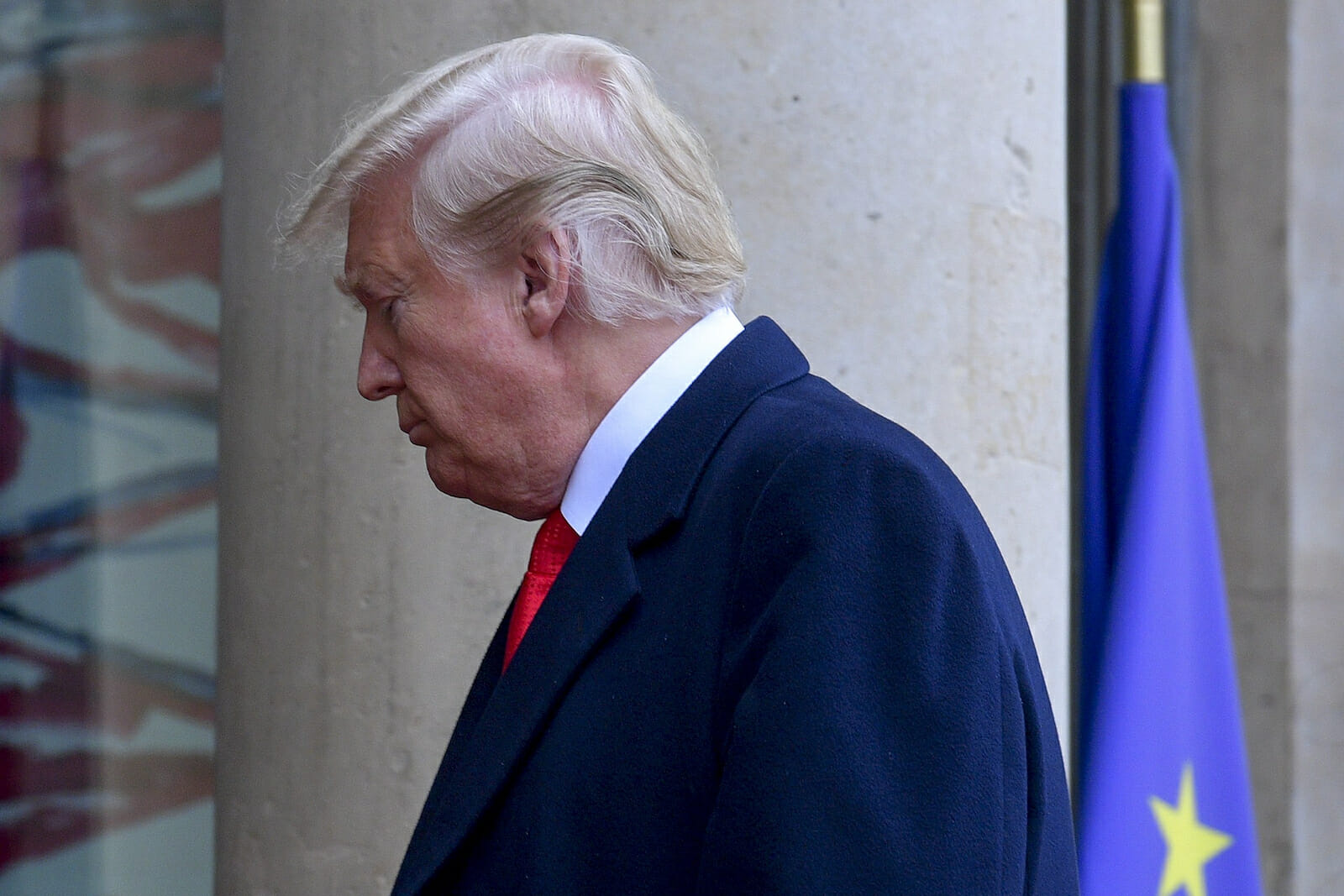
We Need Arms Control, Not a Call to Arms
“The existence of thousands of nuclear weapons is the most dangerous legacy of the Cold War,” remarked President Obama in Prague in 2009, “generations lived with the knowledge that their world could be erased in a single flash of light.” Through arms control, we addressed the danger of nuclear weapons, but the Cold War’s terrifying reality may soon return.
The 1987 Intermediate-Range Nuclear Forces (INF) Treaty is a landmark of arms control. On October 20th, President Trump stated his intention to withdraw from the agreement.
The better course of action is to renegotiate it. Now more than ever, the U.S. should demonstrate its commitment to arms control and renegotiate the INF Treaty.
The U.S. and the Soviet Union eliminated their stockpile of intermediate-range missiles and agreed not to build or test further weapons in this category. However, the U.S. has been concerned since 2014 that Russia is testing intermediate-range, land-based missiles and is cheating on the treaty. Russia denies these claims and similarly accuses the U.S. of cheating. It’s clear that neither country is satisfied with the agreement, and it’s clear that changes must be made.
No one wants a nuclear arms race—and withdrawing from the treaty puts us at risk of that very situation. Proliferation doesn’t just threaten the U.S. and Russia—it threatens the entire world. Today’s weapons have unbelievable destructive capability. Ensuring the treaty remains alive in some way creates a stable, peaceful international system.
A refreshed treaty can create common ground that will satisfy both countries, rather than constrain them. Russia seems unwilling to give up INF systems, and perhaps the U.S. could benefit from those systems as well. The treaty could include a limit on INF missiles, more transparency, and more inspections, instead of an outright ban. New negotiations may help strengthen the poor state of current U.S.-Russian relations.
China’s growing nuclear arsenal is also a big concern, and one that the current INF Treaty is unprepared to address. A new treaty is an opportunity to bring in China, and it could help deter future aggression in Asia. China might agree to a ceiling on missiles. Perhaps this could be a stepping stone to a bilateral arms control treaty.
The Trump administration has stated its intention to withdraw and build up a stockpile of intermediate-range missiles. Building INFs is very expensive and withdrawing puts the security of our European allies at risk. This would set a bad example when the U.S. has been criticized for withdrawal from other treaties, including the Iran nuclear deal. If the U.S. does not keep its commitments, why should nuclear powers like North Korea and Iran bother with nonproliferation?
There are certainly security concerns posed by Russia’s unwillingness to follow the terms of the treaty and China’s likely unwillingness to agree to arms control. However, Russia seems hesitant to withdraw completely—and this is an opportunity for both countries to renew their commitment to nonproliferation.
Even if China does not agree to an arms control treaty, we still have an opportunity to modernize a landmark treaty and begin a new era of arms control. The discussion does not have to end here. China’s growing military capabilities are concerning, but the U.S. can still protect its allies in Asia. If we agree with Russia that certain levels of INFs are acceptable, we could even better deter a Chinese strike until the US and China can come to an agreement.
The Cold War has ended, but that doesn’t mean arms control isn’t important. A renewed treaty is a giant step towards dismantling the dangerous legacy of the Cold War and guaranteeing the security of the United States.
We don’t want an arms race. We want to ensure the safety of our allies, our friends, our children. When we lead by example and renew our commitments, we can make and keep America great.

